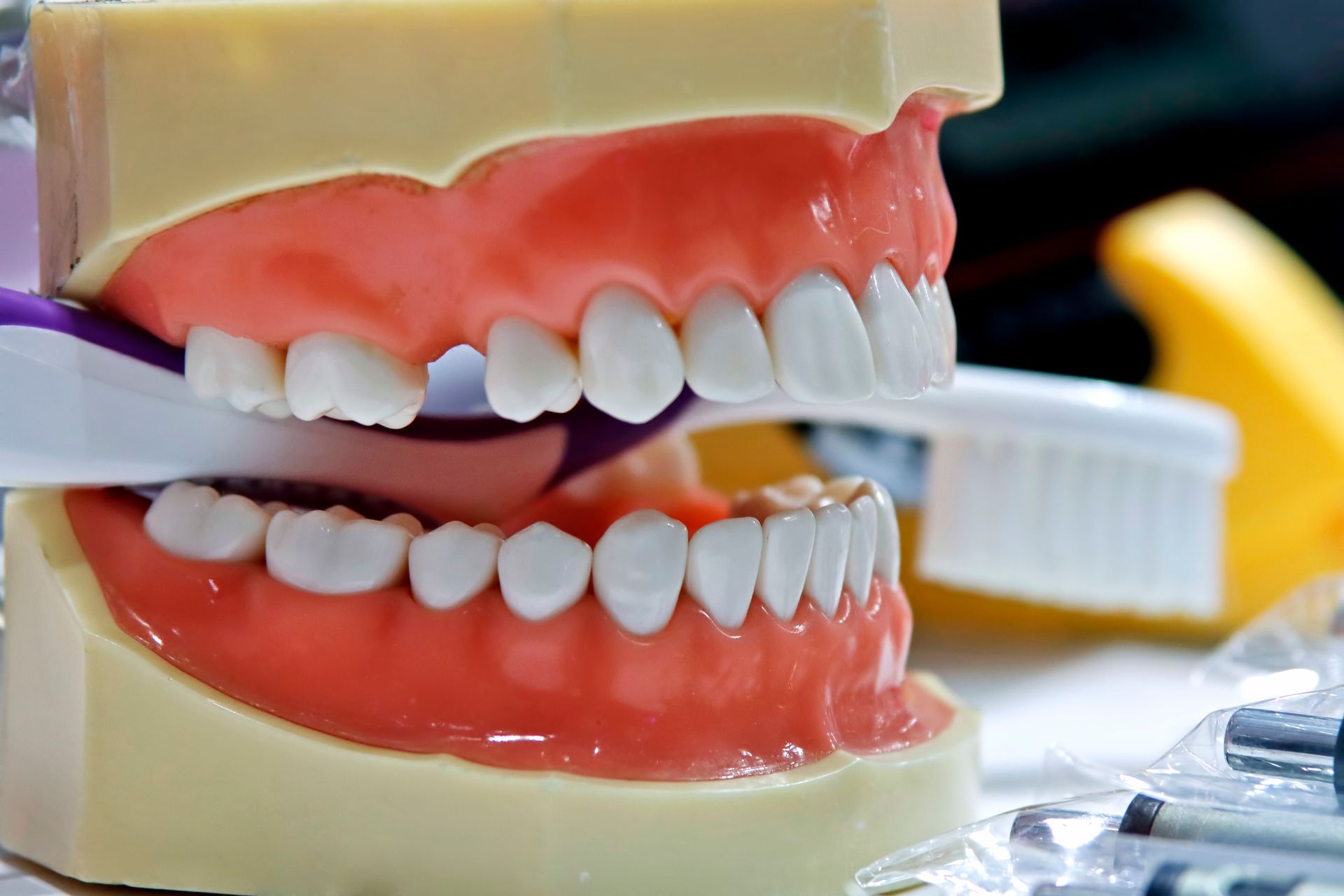Call us today to book an appointment
Dental Implants vs. Bridges: Which is the Best Option for You?
Introduction
If you have a missing tooth, you may be wondering about the best tooth replacement options. Dental implants and bridges are two of the most common solutions for restoring your smile, but which one is right for you? In this guide, we’ll compare dental implants vs. bridges, exploring their pros, cons, costs, longevity, and procedures to help you make an informed decision.
What Are Dental Implants?
Dental implants are a long-term tooth replacement solution that involves surgically placing a titanium post into the jawbone. This post acts as a root for a custom-made crown that looks and functions like a natural tooth.
Pros of Dental Implants
- Durability & Longevity: Can last 20+ years with proper care.
- Natural Look & Feel: Closely resembles a real tooth in both appearance and function.
- Prevents Bone Loss: Helps maintain jawbone density by stimulating bone growth.
- No Impact on Adjacent Teeth: Unlike bridges, implants do not require altering nearby teeth.
Cons of Dental Implants
- Optimal Health Status is Required: Dental implants involve placing an artificial part into the bone, and allow the bone to accept the implant as a part of the body. In order for the implants to be successful long-term, ie. proper healing and integration into the body, the patient must be in optimal health. Meaning no systemic illness especially diabetes which causes delayed wound healing.
- Surgical Procedure Required: Involves minor surgery and a healing period of several months.
- Longer Treatment Time: Can take several months for full healing and final placement of the final crown.
What Are Dental Bridges?
A dental bridge is a prosthetic tooth (or teeth) anchored by crowns placed on adjacent healthy teeth. It fills the gap left by a missing tooth and restores chewing and speaking function.
Pros of Dental Bridges
- Quicker Procedure: Can be completed in a few weeks.
- No Surgery Required: Ideal for patients who prefer a non-surgical option.
Cons of Dental Bridges
- Shorter Lifespan: Lasts 10–15 years on average.
- May Affect Adjacent Teeth: Requires reshaping of neighboring healthy teeth to support the bridge.
- Does Not Prevent Bone Loss: Since no implant is placed in the jaw, bone resorption can occur over time.
- Food lodging under the bridge: A dental bridge has a fake tooth connected to the adjacent teeth floating above the area where the missing tooth is. Every time pt eats and chews food, food becomes lodged under the bridge. If the space under the bridge is not cleaned out every day, this can cause gum disease and cause the adjacent teeth to decay.
Which Tooth Replacement Option Is Best for You?
Choosing between dental implants and bridges depends on several factors:
- Longevity: If you’re looking for a long-term solution, implants are the better choice.
- Preservation of natural teeth: if you are looking to preserve your natural teeth that would not need to be fixed otherwise, the Implant option is ideal as you simply replace the missing tooth without compromising the other teeth.
- Oral Health: If your jawbone is healthy enough to support an implant, it can help preserve bone structure.
- Procedure Preference: If you prefer to avoid surgery, a dental bridge might be the right option.
Conclusion
Both dental implants and bridges offer effective solutions for missing teeth, and the best choice depends on your needs, oral health, and overall health. Consulting with your dentist can help you determine the most suitable option for restoring your smile and dental function.
Schedule Your Consultation Today!
If you’re considering tooth replacement options, our experienced dental team is here to help. Contact us today to schedule a consultation and find the best solution for your smile!



